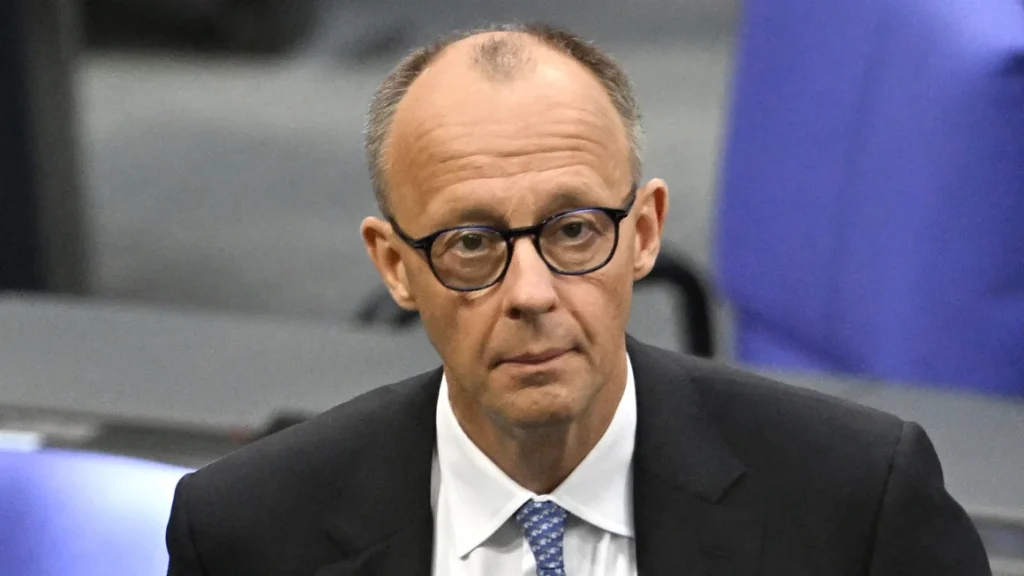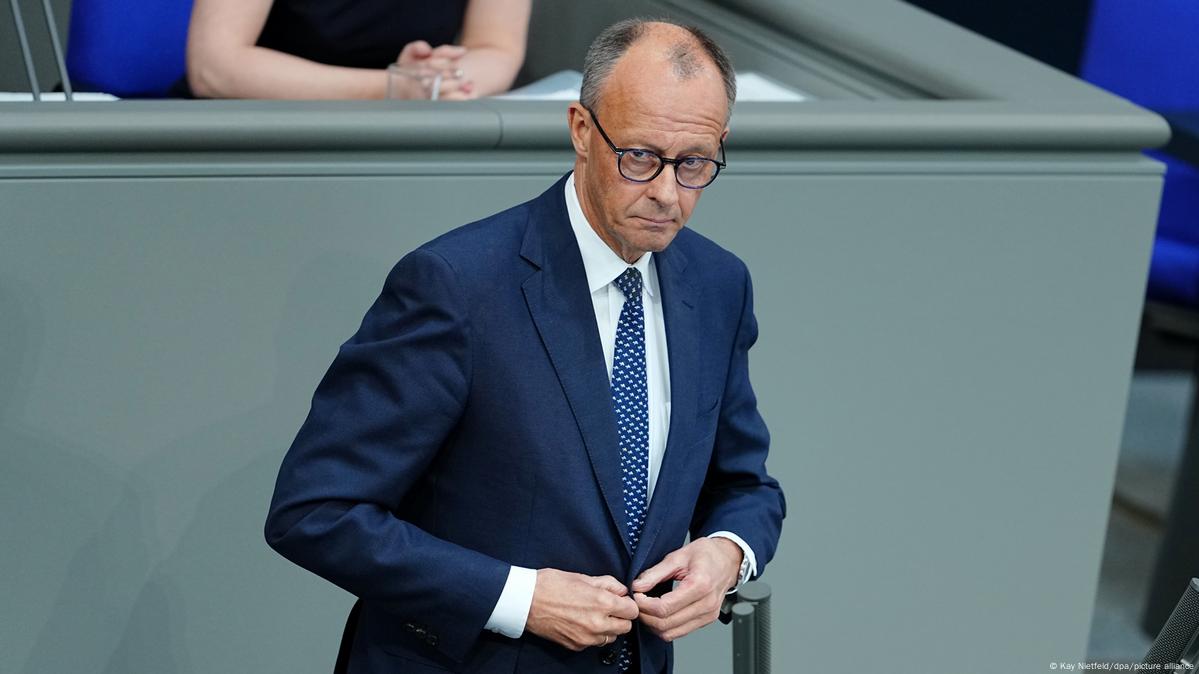In his first 100 days as German Chancellor, Friedrich Merz has introduced significant changes to Germany’s security, economic, and migration policies; however, his governing coalition is showing signs of strain.
Elected in February, Merz has moved swiftly to fulfil his campaign promises, largely in response to global political instability.
Merz and his coalition partners from the Social Democratic Party (SPD) immediately relaxed debt rules to fund Germany’s military and infrastructure.
He has since promised to build “Europe’s largest conventional army” and maintain strong support for Ukraine.
His hardline stances have earned him praise from US President Donald Trump, but his decision last Friday to freeze arms exports to Israel, after previously supporting them, shows a shifting approach to foreign policy.
On the home front, Merz has cracked down on irregular migration, a departure from his predecessor’s policies.

He argues that addressing voter concerns about immigration is necessary to curb the rising influence of the far-right Alternative für Germany (AfD) party.
However, this focus on global affairs and right-wing domestic policies has led some to label him the “foreign chancellor” and has put him at odds with his SPD partners.
The coalition’s internal tensions have become increasingly public.
Merz’s inauguration was marred by a contentious second-round vote, and recent conflicts have erupted over the nomination of a judge to Germany’s highest court and a proposal to cut social benefits for Ukrainian refugees.
SPD Vice Chancellor Lars Klingbeil has warned that the government has “far too many arguments.”
Political analyst Wolfgang Schroeder noted that while Merz focuses on “big-picture” policies, the coalition’s major disputes have all been about the “small print,” suggesting these issues will continue to fester as politicians return from summer holidays.


 Trending
Trending 
